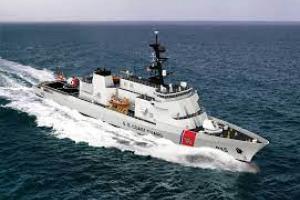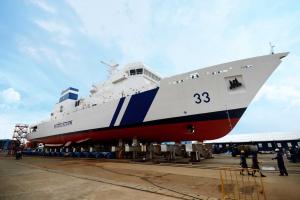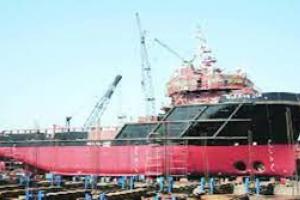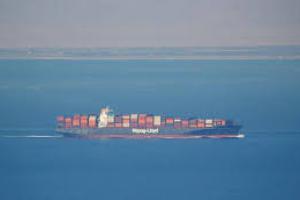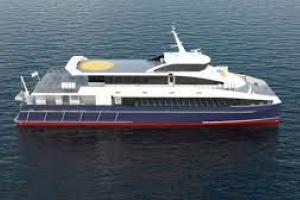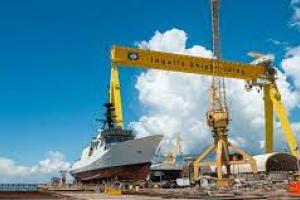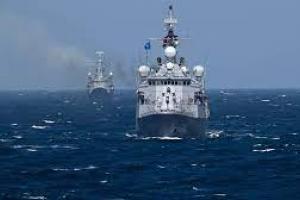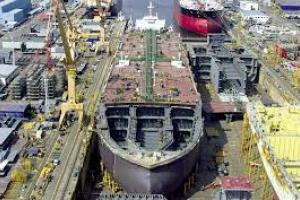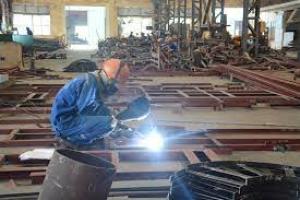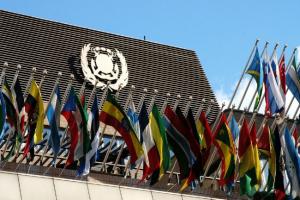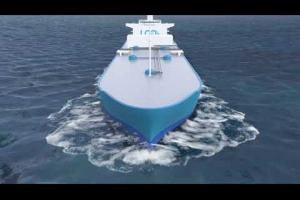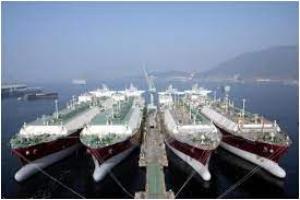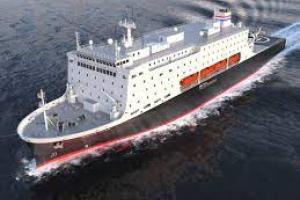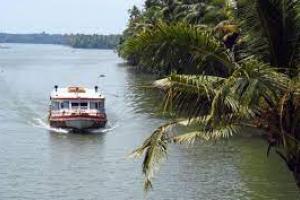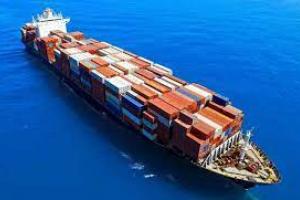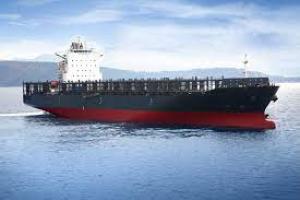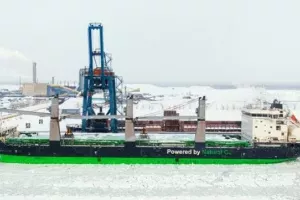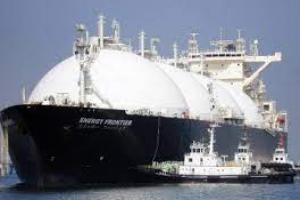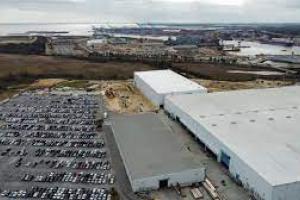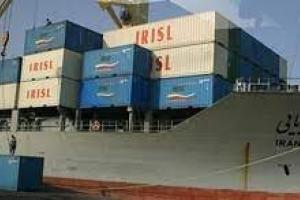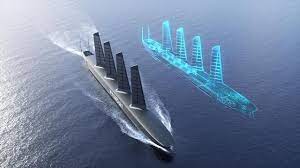
Korea Shipbuilding & Offshore Engineering, the holding company of the Hyundai shipbuilding group, tested autonomous passenger ships in a simulated environment utilizing digital twin technology, according to a press release. Diverse features, such as high-speed sailing and docking, were demonstrated with the help of a virtual clone of an actual ship that is now being constructed.
A digital twin is a virtual clone of an object or a piece of infrastructure that has been created. It is common practice to employ digital twins as testing grounds for new technologies or other features in order to find out the outcomes of real-life scenarios that are mimicked in a virtual environment.
Business owners may test their items under a variety of settings without having to worry about generating an irreparable effect in the real world. If the virtual clone is destroyed, it is possible to construct a new model.
In a statement issued on April 18, Korea Shipbuilding & Offshore Engineering (KSOE) stated that the business displayed a virtual passenger ship in Pangyo, south of Seoul. A variety of activities, including high-speed sailing and docking, were shown successfully onboard the vessel, which was equipped with autonomous technology developed by Avikus, a domestic developer of autonomous navigation solutions. It was also possible to test dual-fuel engines that used a liquefied natural gas (LNG) and an electric propulsion system, as well as a remote control option.
The actual ship is being constructed by KSOE in partnership with an institute affiliated with the Ministry of Trade, Industry, and Energy, as well as the southern port city of Ulsan.
A digital twin is a virtual clone of an object or a piece of infrastructure that has been created. It is common practice to employ digital twins as testing grounds for new technologies or other features in order to find out the outcomes of real-life scenarios that are mimicked in a virtual environment.
Business owners may test their items under a variety of settings without having to worry about generating an irreparable effect in the real world. If the virtual clone is destroyed, it is possible to construct a new model.
In a statement issued on April 18, Korea Shipbuilding & Offshore Engineering (KSOE) stated that the business displayed a virtual passenger ship in Pangyo, south of Seoul. A variety of activities, including high-speed sailing and docking, were shown successfully onboard the vessel, which was equipped with autonomous technology developed by Avikus, a domestic developer of autonomous navigation solutions. It was also possible to test dual-fuel engines that used a liquefied natural gas (LNG) and an electric propulsion system, as well as a remote control option.
The actual ship is being constructed by KSOE in partnership with an institute affiliated with the Ministry of Trade, Industry, and Energy, as well as the southern port city of Ulsan.
“We will commercialize the virtual test operation technique by continuously developing advanced vessel technology based on digital twin,” an unnamed KSOE official said in a statement.
In January 2021, KSOE tested LNG carriers for the first time in the world, utilizing digital twin technology, for the purpose of determining their operational capabilities. On natural gas carriers, the solution confirmed the operation of dual-fuel engines, fuel supply systems, and power control systems.
LLOYDS REGISTER, a London-based technical and commercial services firm that provides marine classification, has given preliminary clearance to KSOE's test operation solution for LNG carriers, according to the company. According to the corporation, the technology has the potential to cut the cost of showcasing LNG carriers by up to 30%.
LLOYDS REGISTER, a London-based technical and commercial services firm that provides marine classification, has given preliminary clearance to KSOE's test operation solution for LNG carriers, according to the company. According to the corporation, the technology has the potential to cut the cost of showcasing LNG carriers by up to 30%.
News Category
